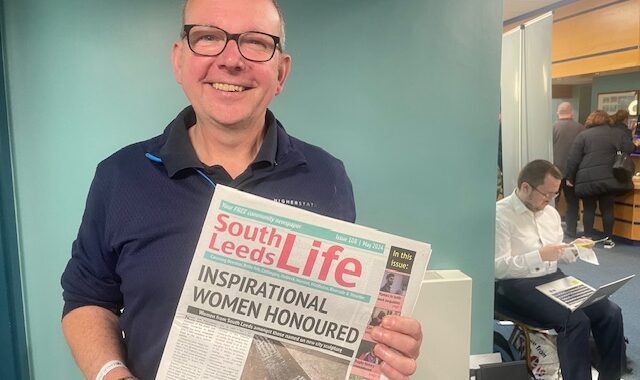It’s an inspiring story, familiar to most of us. A once treasured local asset is set to close, no longer deemed viable in the harsh commercial realities of the 21st century. But, at the last minute there’s a hero to the rescue – prepared to purchase said asset, rip up the old business plan and invest a huge amount of time, money and effort to make the venture a success, both socially and economically.
Who is this hero with a remarkable ability to transform failing businesses into viable, thriving local enterprises? No, it’s not Alan Sugar or Duncan Ballantyne. Of course it is the local community. Across the UK, over 300 shops, 20 pubs and 10 senior football clubs are now owned directly by local people. In Scotland, an incredible 500,000 acres of land in the Highlands and Islands are owned and managed by those who live there. Through a variety of co-operative-style ownership models these communities, from very different parts of the UK, are running highly successful, sophisticated businesses which are delivering invaluable ‘public goods’ for their local area.
Earlier this year over 200 activists, journalists and readers came to events around the UK to debate the opportunities and the barriers for bringing more local news outlets into these types of co-operative ownership models. The message they gave was clear: in-depth, local news remains a vital commodity for communities but new and innovative business models are essential to ensure this news is sustainable in the future.
The merits of the co-operative model for local news are widely recognised. It has the potential to attract new sources of revenue and capital through community shares; it is likely to win greater support and loyalty from the community who will support a business if they have a say in how it is run; volunteers are more willing to give up their time to support such an enterprise; and there are opportunities for financial savings by linking up with other community services.
But at the same time it’s important that we have a healthy dose of realism about the barriers and challenges facing any budding co-operative news venture. The time, energy and financial commitment required to take on such an initiative and make it successful are daunting prospects for many communities. This is particularly the case when they are relatively few other examples of co-operatively owned local media that people can be inspired by and learn from. The participants at our events heard about the fantastic work of the West Highland Free Press, the employee-owned newspaper which produces a successful, high quality weekly publication covering a large rural area. They recognised and were enthused by the tremendous success of this newspaper – but at the same time some wondered how this model, in the Highlands and Islands, would translate in their own, very different, local communities?
Then there is the question of what opportunities actually exist for communities to save their local newspaper. There are barriers here that tend not to exist in relation to pubs, shops or football clubs. Clusters of titles are often sold en bloc so it can be difficult for local people to acquire the specific newspaper serving their area. There is intellectual property in the form archive material and branding that an owner may be reluctant to sell or release to the community even if the title in question is to cease production. And ownership transfers of local news outlets often happen at a speed that is beyond a community’s ability to engage and respond.
What is to be done then if we want to see more local news owned by communities or employees in the future? Participants at our events came up with a number of ideas.
Firstly, more specialist support and advice is needed for those community groups considering entering into this arena. This includes support on the process for taking ownership, business and membership development and financial and stakeholder management. Secondly, more examples are needed of co-operative news models from a variety of places across the UK, so that people can believe that might develop a similar model in their own community. And finally we need to determine if there are legislative or regulatory changes that could be made to ensure that newspapers are treated as vital local assets and communities are given the opportunity acquire titles that are in danger of being lost. If all, or some, of these ideas can be pursued then the chances of a co-operative future for local news may start to look ever brighter.
Douglas White is a Senior Policy Officer at the Carnegie UK Trust
Click here to download a free copy of Make Your Local News Work, the report from Carnegie UK Trust-Co-operatives UK project
Click here to read about the Carnegie UK Trust’s Neighbourhood News initiative
Image accompanying this article is copyright Simon Bisson.





